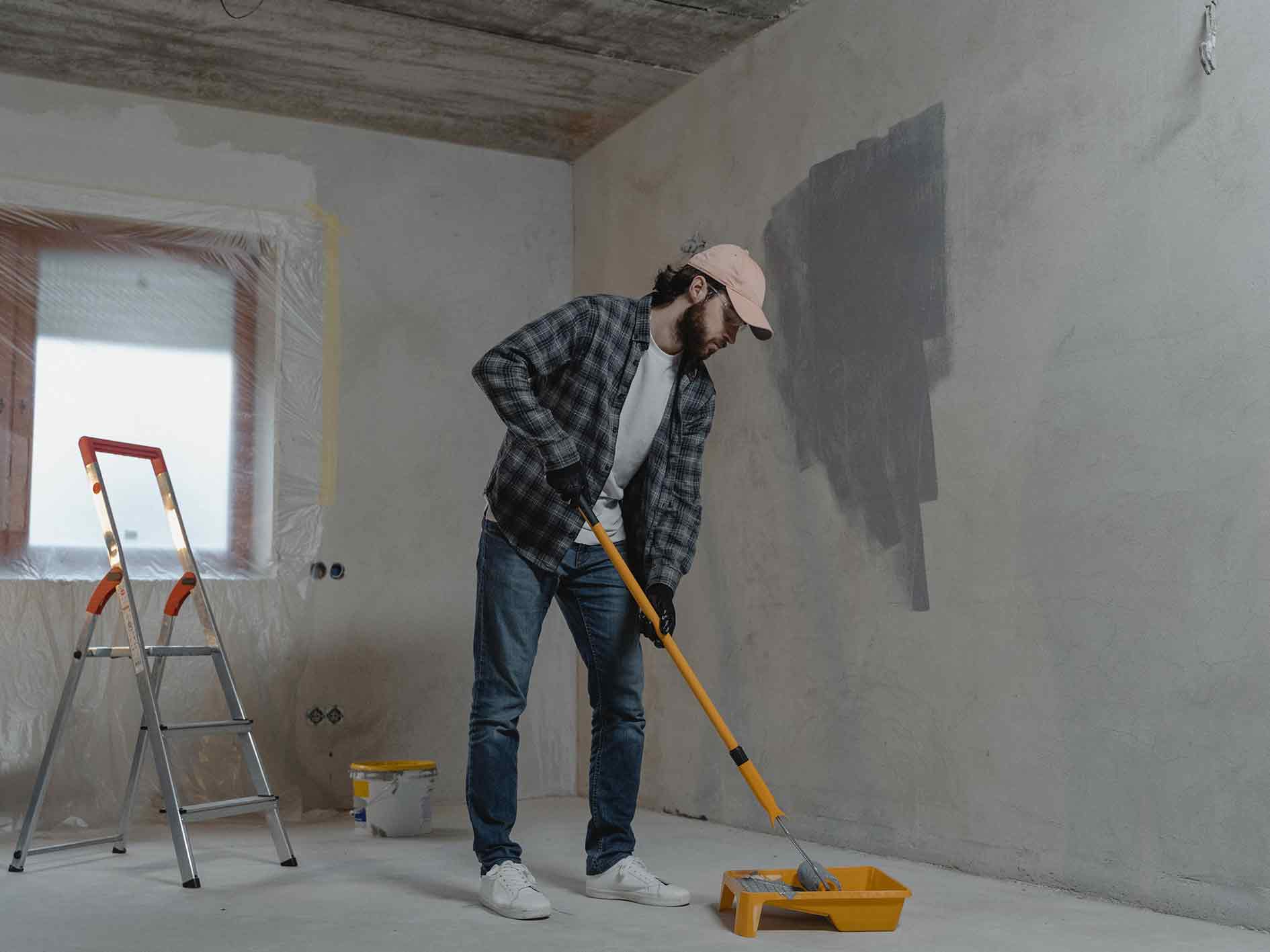The first thing you need to do if considering a change from residential use to commercial premises is to gain planning permission. Then, there's the matter of building regulations to ensure the property is legally up to scratch, as well as contracting in any tradesmen that might be needed to adapt the premises.
It's important to look into all of these aspects before you sign on the dotted line to purchase a residential property with the sole aim of transforming it into a commercial venture. Also, to ensure your budget can deal with any unforeseen obstacles that may occur during the process. Although it has been made easier in recent years, there's still plenty of red tape to cut through before you can cut your red ribbon to launch your business premises.
Planning permission requirements
There are several documents needed to apply for planning permission. These include:
- Standard application form – usually submitted electronically
- Location and site plans/drawings
- Ownership certificate
- Agricultural holdings certificate (required even if the land does not include any agricultural holdings)
- Design and access statement (required if the look of the building is being dramatically changed, and for listed buildings)
- Fire statement (required for buildings over 18m or seven storeys tall)
- Application fee
Use classes are determined by the Town and Country Planning Order 1987, which sets out what an area of land or building can be used for. To change its use – from residential to commercial – will require full planning permission and you will need to know exactly what type of commercial property you want to achieve.
- Is it a shop?
- An office?
- An industrial workshop?
- Manufacturing plant?
Each of these has a different use class, so it's important that you apply for the right one. The planning department of your local authority will then make the decision as to whether to accept your application and give you the permission you require, or not.
You can often get some pre-application advice from the local authority, but they may charge you for this. However, if you do not apply for planning permission, or go ahead without it, you will be liable for enforcement action - this could prove costly.
Observing building regulations
There are legal requirements for all buildings – old and new – which must be adhered to, covering architectural design, building construction and any alterations made at a later date. Consider in conjunction with the accompanying approved documents to make sure you cover every aspect. These include things like ventilation, drainage and waste, sanitation and hot water, and access, with guidance on how to achieve the necessary standards.
It can make good business sense h to get a solicitor involved at an early stage, ensuring you're covered and haven’t inadvertently overlooked anything important. Property solicitors are trained in all aspects of property law and will offer help and guidance as well as undertaking research and completing the required paperwork on your behalf, making it a much smoother process for all concerned.
Is the property suitable for conversion?
One of the main things to take into account when changing residential property to commercial is whether the building is in a good state of repair, particularly structurally, to absorb any extra building work required and to withstand the rigours of whatever is going to be happening within its walls.
Are there areas suitable for adding in extra washrooms and kitchen facilities, can fire exits be added on all floors, and will machinery and equipment fit through any access routes?
Health and safety need to be scrutinised much more in a workplace than it might be in your own home, with clearly signposted fire exits and designated escape routes a must, as well as PAT (Portable Appliance Testing) for electrical devices and myriad other considerations. Plumbing and electrics need to be examined carefully and may need an entire overhaul before they're deemed worthy of commercial space.
Having lots of extra people in a building that may have once only been a family home puts added stress onto its fabrications and foundations, so everything from the floor to the roof has to be made good. Get a building surveyor to come round and take a look at the premises before starting any remedial work, and to advise you on layouts and which walls can and can’t be knocked down and removed without affecting the building’s structural integrity.
Get legal assistance from LawBite
Any change of property use is a big task, both in terms of the practical building and construction work required to get it up to standard and suitable for commercial use, and the paperwork needed to cover yourself for all eventualities. But there's a wealth of professionals on hand to offer legal support, help you through the process and guide you in the right direction.
If you're dealing with an issue from your commercial premises, our commercial property lawyers are on hand to advise. To find out more book a free 15 minute consultation with one of our lawyers or call us on 020 3808 8314.



